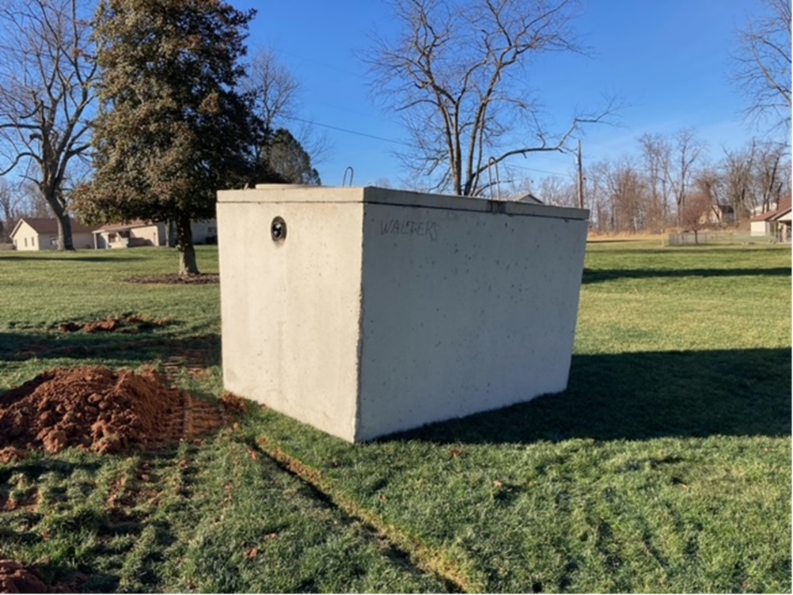Factors To Consider When Choosing a Septic Tank

A septic tank provides a reliable and cost-effective method for treating and disposing of wastewater on your property. However, the septic tank will only provide these benefits if you maintain it properly. Here are factors to consider when choosing a septic tank.
Understand the Type of Wastewater
Identifying the type of wastewater helps determine its composition and characteristics. Different sources, such as residential, commercial, or industrial, produce wastewater with varying levels of contaminants and pollutants. This knowledge enables you to tailor the septic tank's design to handle specific types of waste effectively.
Secondly, understanding the wastewater type allows you to determine the appropriate size and capacity of the septic tank. By considering the volume and flow rate of wastewater, you can ensure that the tank is adequately sized to handle the expected load without overflowing or causing backups.
Additionally, knowledge of the wastewater's composition helps in selecting the appropriate treatment processes within the septic tank. Different types of waste may require specific treatment methods, such as settling, biological digestion, or filtration, to remove solids, organic matter, and pathogens effectively.
Sewage Flow
To account for simultaneous discharges from plumbing fixtures, you need to understand fixture units. Fixture units represent the demand or load generated by different plumbing fixtures when they discharge simultaneously.
Each fixture has a specific fixture unit value based on its water usage. By adding up the fixture unit values of all the fixtures in a building, you can estimate the peak discharge that the septic tank needs to handle.
Small installations often experience peak discharge during certain periods, like mornings or evenings, when many people use water simultaneously. Considering this peak flow, you can adequately size the septic tank to handle the maximum expected wastewater volume during these periods. This prevents overloading and ensures proper treatment and storage of sewage.
Soil Tests
Consider soil tests because they help determine the suitability of the soil for proper wastewater treatment and disposal. The type of soil grain matters as it affects the ability of the soil to absorb and filter the wastewater. With thousands of types of soils and an infinite number of soil combinations, it's crucial to assess the specific characteristics of the soil at the site.
Soil tests analyse parameters like texture, permeability, and porosity, which impact the septic system's performance. They reveal whether the soil can adequately drain and treat the wastewater, preventing groundwater or surface water contamination. Based on the soil test results, appropriate design modifications can be made, such as adjusting the size of the drain field or implementing additional treatment measures.
Terrain
The runoff water must be considered to prevent any potential contamination of the septic system. If the terrain is sloped, there is a higher risk of runoff water flowing towards the tank, leading to waterlogging and system overload.
If the terrain is prone to flooding, ensuring that the septic tank is situated in an area unaffected by rising water levels is crucial. Flooding can damage the tank and compromise its functionality.
Additionally, flat terrain is preferable over sloped one. A flat area allows for the even distribution of wastewater in the drain field, promoting effective filtration and absorption. On the other hand, a sloped terrain can cause uneven flow, leading to inadequate treatment and potential clogging.
Material
Walters Environmental Services uses concrete and polyethylene tanks and here are the various factors that affect the material of your septic tank:
- Concrete provides excellent structural integrity and can last for many years with proper maintenance.
- Polyethylene offers good chemical resistance and can withstand various environmental conditions. These tanks are lighter and can be maneuverer into difficult locations much easier than a concrete tank.
Proper material selection will help avoid premature deterioration, reduce maintenance costs, and ensure a long-lasting septic system.
Walters Environmental Services provides timely septic installation, maintenance, and repair services. Contact us now for more information.




